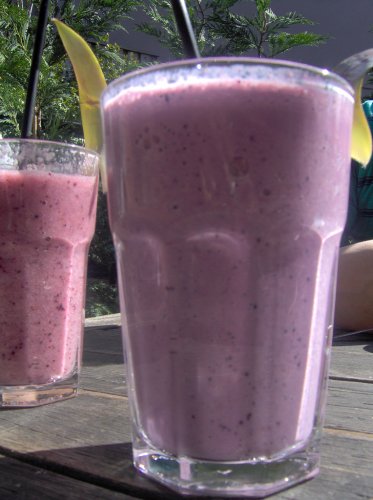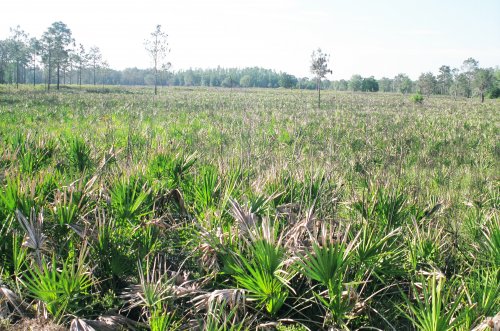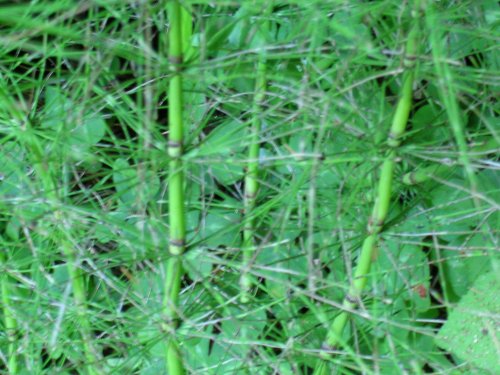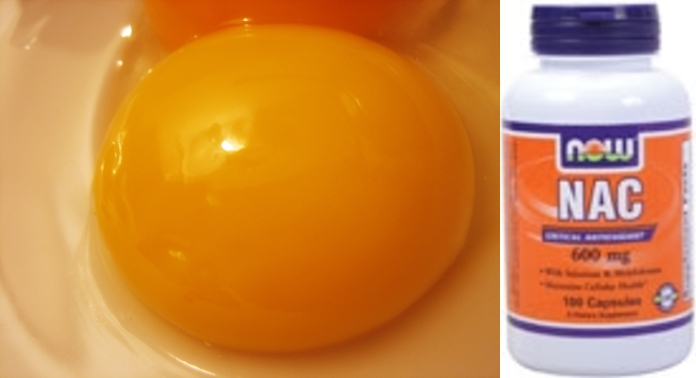Mailbag: Help for Thinning, Brittle Hair

Protein shakes, maybe the single best nutritional approach to growing thicker healthier hair.
Dear AllStarHealth,
I’m a 30 y.o. female and new mother. Over the last year or so, I’ve become aware that my hair is growing much slower than it did while I was in college. It also seems to be thinner and drier and falls out more easily. My doctor seems unconcerned, just said to make sure to keep eating enough and take my prenatal. Believe me, I eat enough and I’ve been taking this prenatal for over a year now. There’s got to be something else? I ‘ve seen “hair vitamins” , should I use one of those or can you suggest any particular supplements that might help?
Thanks,
Gabriella
Malibu, CA
Dear Gabriella,
Congratulations on the new arrival! Well, on one hand there are indeed a few nutritional supplements that ‘work’, that people have successfully used to improve the growth and condition of their hair. On the other hand
it’s tricky trying to determine, in advance, which products will benefit which particular people. That’s because it’s usually not apparent which nutritional factor or factors are responsible for the slowed hair growth or deteriorating hair structure in the first place. And it may not even be a nutritional problem, it could also be a hormonal problem, or it could be both. Fortunately, as far as all the nutritional supplements go, they’re safe and OK for nearly everyone to try. In most cases, they’re nutrients your body needs anyway. You can try one, or the other, or try them all, but in any case the only way to know with any certainty if a nutritional supplement for hair will work is to try it. And not only try it, but commit to using it for at least a few weeks, since hair grows slowly even under ideal conditions. A few months would be better. When you check for progress a few weeks later, be sure to look at the roots – not the hair you already have – for signs of new and improved growth.
First and foremost, you should let your doctor know about any sudden change in your hair’s growth or condition, since that can be a sign of several possible diseases or hormone imbalances, which can occur alongside nutritional imbalances. It doesn’t hurt to ask, and if he or she orders hormone tests for you, that’s still very valuable information to have, regardless of what the test results are.
If hair loss is related to hormones, such as DHT or with certain thyroid diseases, then nutritional supplements won’t help. Certain herbs like saw palmetto extract have been used in DHT-related hair loss formulas, and over-the-counter hormones like DHEA and progesterone are available and could theoretically help with some types of hormone-related hair loss, but you need to work with a doctor to safely address hormone imbalances.

Saw palmetto, seen growing here, has been used in some hair formulas.
Protein is the first nutritional supplement to try. Just be sure to make sure it’s ‘clean’ protein from protein shakes or protein bars as opposed to just trying to eat more meat, fish and eggs. High-protein foods like those are important too, but the idea is to supplement those with a protein snack or two (or three) per day. Like much of the body’s structure, hair is composed of, mostly, protein. But hair is not as important for survival as structures like immune cells, enzymes, and blood components, so as protein intake decreases and becomes scarce, protein priority is given to those systems that are important to survival, not hair. Also, as with other nutrients, protein within the body can be recycled to a degree; protein in hair is lost to the body forever.
So if you want your body to grow the fullest, thickest hair possible, you need plenty of protein. You don’t have to go overboard, but the ideal amount of protein may be higher than you think. Many experts recommend about 1g of protein per pound of ideal body weight per day so that would be an amount to aim for. Don’t try to get that in just 2 or 3 big meals. Instead, eat 5-6 small meals per day, with an emphasis on protein. Protein bars, protein shakes and ready-to-drinks are all good ways to close the gap. If you’re also breastfeeding, your doctor or dietitian may have given you specific nutritional targets to shoot for. Consult them if there’s a conflict or if you have questions.
In terms of hair growth and condition, almost everyone gets good results with extra protein. But there are a lot of other nutrients that, although needed in much smaller quantities than protein, could be considered even more important for growing healthy hair, because they’re harder to get from your diet. Most of these hair micro-nutrients will be supplied by a good multivitamin or hair, skin and nails multi vitamin. Always take these with solid food, the time of day does not matter.
Even though your multi or hair vitamin probably has some in it already, you may want to try boosting the trace mineral silica, by taking a silica supplement. Silica is a trace mineral, only scarcely supplied by diet. But it’s a key building block for tissues like hair and collagen. In the body silica can be recycled from old tissues to a point. But once hair grows out of your scalp, that silica is gone forever. So you may want to take extra silica either as a mineral supplement or an herbal supplement, horsetail to make sure that there is plenty of this hair-critical nutrient available, all of the time. Silica is also a component of cartilage, so silica supplements will promote the growth and maintenance of healthy skin joints and bones as well. Take these as directed.

Horsetail grass is an herbal source of the trace mineral silica, needed for hair and collagen production.
Speaking of herbs, there’s an herb people have used to promote hair growth for centuries, Fo-ti. The roots of Fo ti, or Polygonum multiflorum are a Traditional Chinese Medicine known as He Shou Wu, which means “Mr. He’s Black Hair”. This is a tonic herb, and one a Chinese herbalist might recommend for a new mother anyway, hair loss or no hair loss, to help restore the vital resources her body loses during gestation and as a result of giving birth. Potency and dose vary. Take as directed by the label.
Cysteine is another key nutrient for hair. It’s probably better known as an antioxidant and liver detox nutrient, but this essential amino acid makes up about 8% of your hair by weight. Egg yolks are a good source, and their high cysteine content is the primary reason why adding egg yolks to a dog’s food improves its coat. But it’s not one of the more abundant amino acids in a human diet, and there’s competition within the body for available cysteine. You want to use a substantial amount to promote hair growth, 1000-1500 mg per day; the NAC form is better utilized than L-cysteine, but you can use either.

Two good sources of the critical hair nutrient, cysteine. One is cholesterol free.
Finally, make sure you aren’t over-treating you hair by washing and drying it excessively or over-processing. Treatments like colors and perms may be affecting your hair growth. Look around for better, perhaps more natural alternatives that are gentler to your hair and scalp but give you the effect you want.




